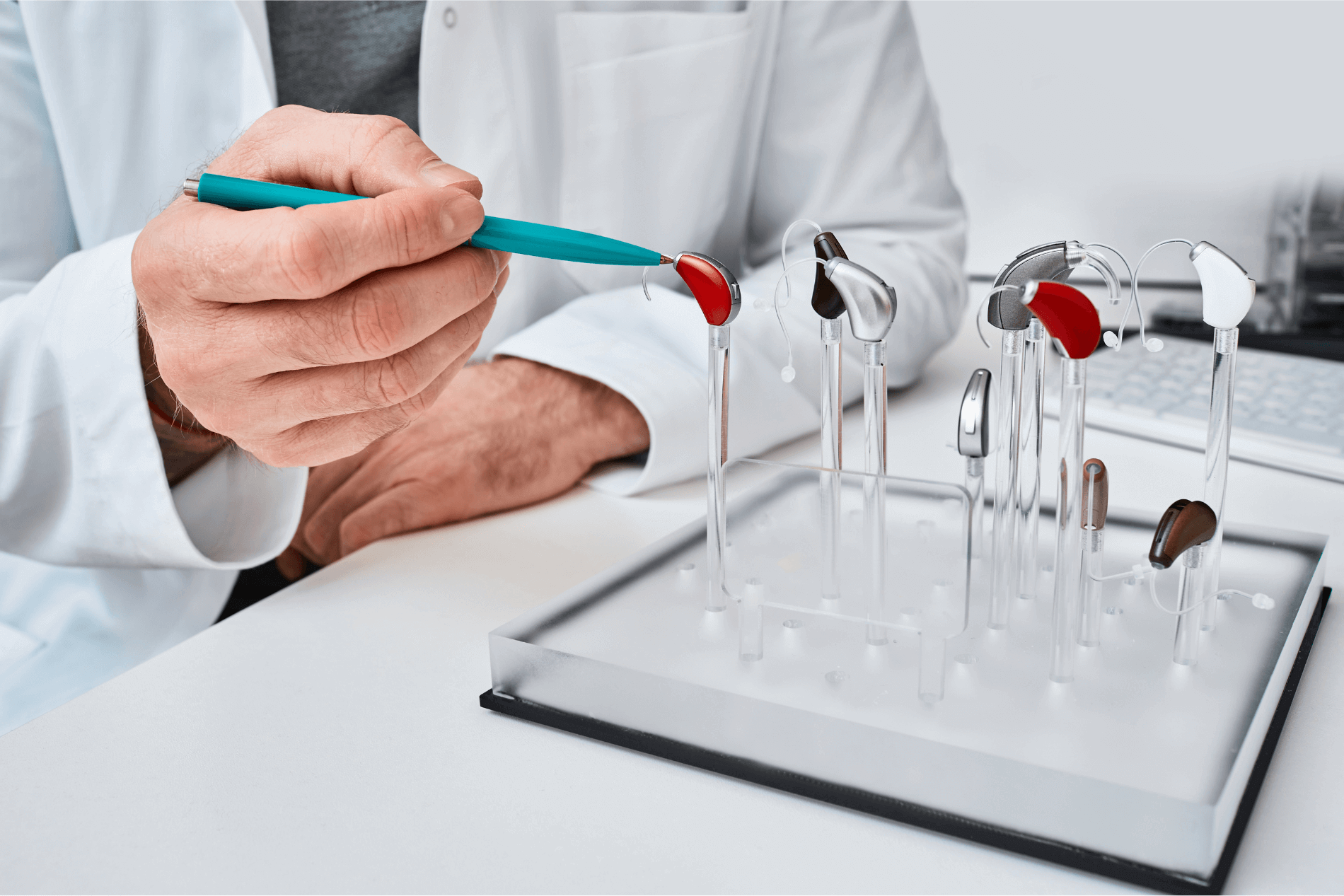
Have you noticed recently that your hearing is not as good as it once was? How will you manage to compensate for that loss? Often, hearing loss occurs gradually, which means people do not notice right away that their hearing abilities have changed.
We all have to acclimatize and accommodate the changes that occur in our body whether it is age, medications, work conditions, illness or hereditary factors. Our overall health is a balance of our needs and wants. Our perseverance in maintaining our health depends upon our approach to the quality of our life.
Be proactive!
Honesty with yourself is the first big step. Are you asking people to repeat themselves, distancing yourself from regular social or group activities, turning up the volume on the TV, missing out on details in conversations or having a hard time keeping up?
These are some of the common symptoms of possible hearing loss. The only cause for alarm is one of inaction. Based on research and supported by the US Center for Health and Human Services and Prevention and the World Health Organization, the key to prevention is early detection and that is a phone call or one appointment away. Check-in with your hearing health professional. You are only one comprehensive hearing assessment away from taking control of your hearing health today.
Educate yourself!
The stigma of hearing aids is no longer relevant. “They look and feel awkward!” no longer applies to contemporary hearing aids. Gone are the days of cumbersome hearing devices. Technology and the fast-growing demands in the field of auditory health provide us with a myriad of options from style to purpose and quality to price. Depending upon the extent of your hearing loss the current options offer many levels of comfort, discretion, design, and price.
Due to the rapid increase of hearing loss, people of every age group have access and choices as to how to equip themselves. Speak to your hearing health professional for detailed information about your choices based upon our needs and your budget.
Know their capabilities and yours!
The inconvenience and an infamous reputation for being hard to adjust to different audio-environments is no longer the norm. Today, hearing devices incorporate the most progressive technology. Depending upon the extent of your hearing impairment, well-fitted devices coupled with the best design for your ear and cutting-edge microprocessors will mitigate or eliminate feedback.
Do a little research into the use of Bluetooth, paired with phone applications and other hearing devices. You will find that there is an overwhelming amount of options! Your hearing loss can be treated with an evaluation, a comprehensive treatment plan, and a hearing health professional to help guide you.
Calibrate!
Did you know that modern audio implements can now be controlled from your phone or our computer? It is no longer cumbersome or embarrassing to adjust your devices to your immediate environment. It’s all at the tip of your fingers! Public spaces are also being mandated to provide accessible sound systems for the hearing impaired. As the everyday person becomes more educated about the needs of those with hearing loss, institutions have started making provisions. From the train station to a museum we are becoming better equipped to stay mobile and independent!
Don’t fall for it!
If you are already shopping for a hearing device be very aware! What many seek is a clear and concise sound as opposed to just pure volume. The wrong device at a great price or incorrect usage for your hearing needs can often harm our condition even more.
We all know that if it looks too good to be true it probably is!
Don’t take risks with the delicate processes that our sense of hearing entails. This is why a comprehensive hearing assessment is crucial! Your hearing needs change over time so a trusted audiologist can make modifications and alert you to changes that might occur in tandem with your specific treatment program.

What Is Sudden Hearing Loss and What Does it Mean?
Matthew Favinger, M.S., F-AAA

Having a Good Time at Weddings With Hearing Loss
Matthew Favinger, M.S., F-AAA

